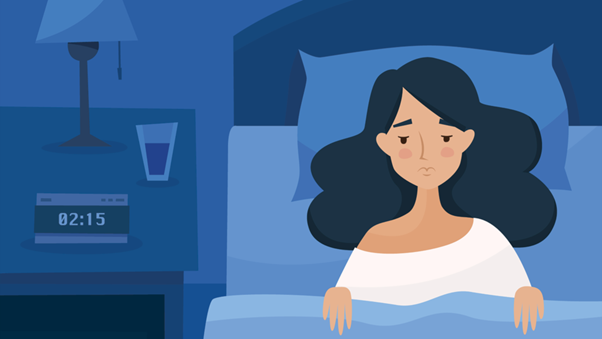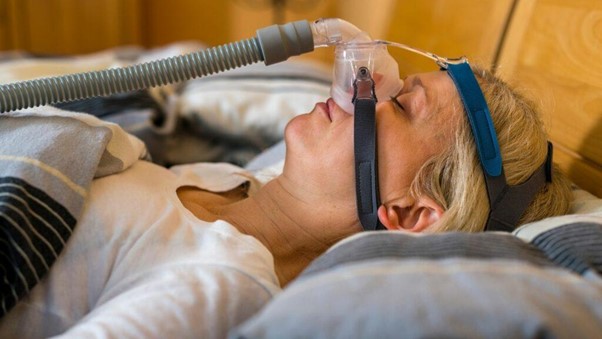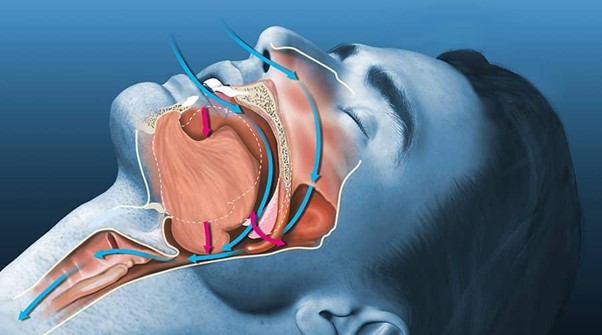
A Parent's Guide to Managing Tonsil Issues with an ENT
Sleep disorders can have a profound impact on the quality of life, affecting not just the individual’s nighttime rest but also their daytime functioning, health, and well-being.
Among the specialists involved in diagnosing and treating sleep disorders, ENT (Ear, Nose, and Throat) specialists play a pivotal role. With an understanding of the intricate structures of the upper respiratory tract and their relationship to sleep, ENT specialists are well-positioned to diagnose conditions that may disturb sleep.
This article will delve into the critical role these specialists play and the sleep disorders they are commonly involved with.
Understanding Sleep Disorders
Sleep disorders encompass a range of conditions that affect sleep quality, timing, or duration, and as a result, can impact health. Common sleep disorders include:
Sleep Apnea: Characterized by pauses in breathing during sleep.
Snoring: Loud breathing sounds during sleep are caused by vibrations of the respiratory structures.
Insomnia: Difficulty falling and/or staying asleep.
Restless Legs Syndrome (RLS): A condition leading to uncomfortable sensations and an urge to move the legs while resting.
Narcolepsy: A chronic sleep disorder characterized by overwhelming daytime drowsiness and sudden attacks of sleep.
Many sleep disorders can be linked to or exacerbated by ENT-related issues. For example, obstructive sleep apnea (OSA) can be due to structural anomalies in the nose or throat.

The Role of an ENT Specialist in Sleep Disorders
ENT specialists are uniquely qualified to assess, diagnose, and manage sleep disorders, especially those related to the airway. Here are the reasons why their role is crucial:
In-depth knowledge of Airway Anatomy
ENT specialists have extensive knowledge of the anatomy and functionality of the airways, which is often where sleep disorder symptoms originate. For instance, they can identify physical obstructions or abnormalities in the nasal passages, throat, or larynx that may lead to sleep apnea or snoring.
Diagnostic Expertise
ENT specialists can perform specialized examinations and tests such as nasopharyngoscopy, where a small camera is used to visualize the airway, and polysomnography, which is used to diagnose sleep apnea.
Multidisciplinary Approach
Sleep disorders often require a multidisciplinary approach. ENT specialists often work closely with pulmonologists, neurologists, and sleep psychologists to develop comprehensive treatment plans.
Surgical Interventions
In cases where physical anomalies contribute to sleep disorders, ENT specialists can perform surgeries to remove tonsils, and adenoids, or correct nasal septum deviations to improve the airway.
Continuous Positive Airway Pressure (CPAP) Therapy Management

While a pulmonologist typically prescribes CPAP therapy, ENT specialists are crucial in managing related complications such as nasal congestion, dryness, or discomfort due to the masks.
Treatment of Accompanying ENT Conditions
Conditions like chronic sinusitis or allergic rhinitis can aggravate sleep disorders. An ENT specialist’s ability to treat these conditions can, in turn, improve sleep quality.
Sleep Disorders Diagnosed by ENT Specialists
Obstructive Sleep Apnea
This condition is caused by the blockage of the airway during sleep, leading to frequent awakenings. ENT specialists can diagnose the anatomical cause of the blockage and recommend appropriate interventions.
Snoring
Though common, persistent snoring can be a sign of a more serious condition like OSA, and an ENT specialist can determine if there’s an underlying cause that needs to be addressed surgically or with other treatments.
Upper Airway Resistance Syndrome (UARS)
This is a sleep disorder characterized by the narrowing of the airway that can lead to sleep disturbance. An ENT specialist can diagnose UARS and offer treatment options.

Chronic Nasal Obstruction
ENT specialists address chronic nasal obstruction, which can contribute to difficulties in breathing at night and thus disturb sleep.
Pediatric Sleep Disorders
Children with sleep disorders often suffer from enlarged tonsils or adenoids. ENT specialists can surgically remove these tissues to improve sleep.
Diagnosing Sleep Disorders: A Step-by-Step Approach
ENT specialists typically follow a systematic approach to diagnose sleep disorders, which may include:
Patient History: Gathering detailed patient and family history of sleep patterns and problems.
Physical Examination: Conducting a thorough examination of the head and neck.
Sleep Studies: Ordering and interpreting sleep studies, such as home sleep tests or in-lab polysomnograms.
Imaging: Utilizing imaging techniques like X-rays, CT scans, or MRIs if structural issues are suspected.
Endoscopic Evaluations: Performing endoscopic evaluations to directly observe the upper airway.
Allergy Testing: In cases where allergies are suspected to be contributing to sleep disorders, perform allergy testing
Multidisciplinary Assessment: Collaborating with other sleep disorder specialists as needed for comprehensive care.
Treatment Options Provided by ENT Specialists

Treatment of sleep disorders by ENT specialists may include:
Behavioral Modifications: Advising on sleep hygiene and lifestyle changes.
Medical Therapies: Prescribing medications to address nasal congestion or other ENT-related conditions.
Surgical Procedures: Performing surgeries to remove obstructions or correct anatomical problems.
Oral Appliances: Recommending oral appliances for mild to moderate sleep apnea or snoring.
CPAP Management: Assisting with the management of CPAP therapy and addressing any ENT issues that arise from its use.
Conclusion
ENT specialists are indispensable in the field of sleep medicine, particularly when it comes to diagnosing and treating sleep disorders with an ENT component. Their comprehensive understanding of the upper airway, combined with their surgical skills, enables them to offer targeted treatments that address the root cause of sleep disturbances.
Whether through surgical intervention, managing CPAP therapy, or treating accompanying ENT conditions, these specialists ensure that patients with sleep disorders receive holistic and effective care.
For those struggling with sleep disorders, visit a trusted local doctor from ENT Specialist Singapore may provide not just a diagnosis but also a path to better sleep and improved health. With their contribution, patients can look forward to restful nights and energetic days.
Remember, quality sleep is not a luxury—it’s a cornerstone of good health, and the right professional can guide you to achieve it.